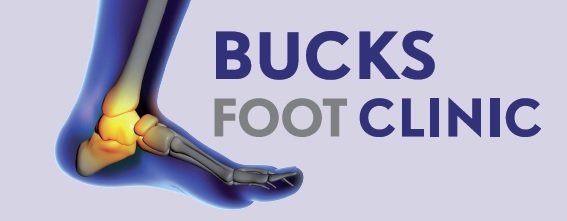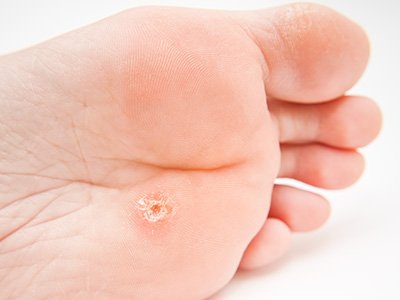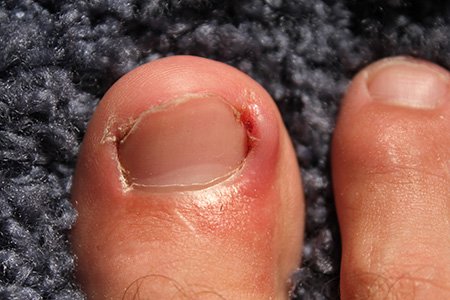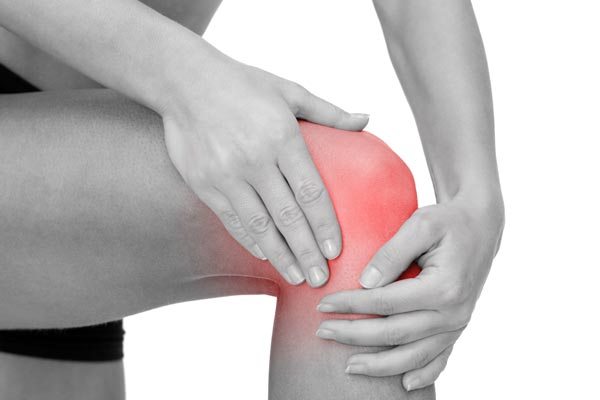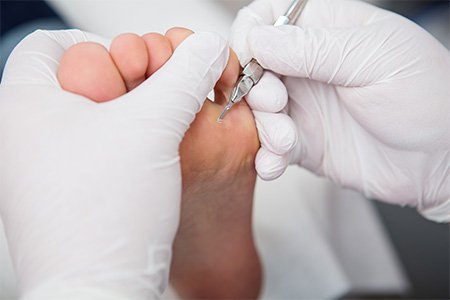
We, at Bucks Foot Clinic, can assist you with all of your foot and ankle concerns. These can range from sports injuries to heel pain, diabetic foot checks, cracked heels, nail care, dry skin, children’s feet and more. If you have a problem with your feet, no matter how big or small, it’s worth getting some expert advice from your podiatrist.
ngrown toenail, Skin diseases and nails, Unusual nail shape, Nail tumours, Nail Splinters, Nail bleeding, Older nails, Birth disorder of the nail, etc.
We look at
Nail discoloration, Nail infections, Injury to the nail bed, Lifted nail plate, Psoriasis, fungal infection, Thickened nails, Nail Neglect, Injury to the nails, Poor circulation, Arthritis in the toes, Ill-fitting shoes, Ridged nails, Trauma to the nail matrix, Splitting nails, Continuous mild trauma such as habitual finger-tapping or using the nails as tools (to pick between the teeth, for example), deformed or brittle nails.
A violent toe-stubbing, dropping a heavy object on the toes, Bacterial infection of the nail, Overzealous attention to the cuticles, Severe nail-biting (yes people to bite their toenails), Eczema, Inflammation of the skin alongside the nail, Fungal infection, Diabetic nail management.
Skin Care
Part of being a podiatrist is looking after the skin on people’s feet. Most of our work includes cleaning the dead and dry skin and callous off the feet to bring them back to smooth and pain-free again.
In addition to simple foot care, we also deal with a more unusual skin complaint, some of which include: Corns, Callous, Cracked Heels, Warts, Blisters, Diabetic wounds, Smelly feet, etc.
General care
No matter what the cause whether it be diabetes, a decrease in flexibility, eye site problems, or a loss in strength, if you’re finding difficult to attend to your own nail and foot care, our podiatrist’s can help.
No need for a referral
Our doors are open, and there is no referral needed to see a podiatrist, from your GP.
We are medically trained and qualified and certified. We take our profession seriously, and all our team always do continuous training.
We invest in the best equipment to make sure that you are looked after. Call us for us to talk to each other about your needs, and we can help.
Nail care Nail Cutting and General Nail Care
Podiatry is a medical field, and we focus on the medical level of nail management.
Toenail problems can affect people of all ages, but tend to be more common in older people.
Aged care
We believe that you should have the right help at any age. As we age we often find things harder to manage, including our nails. That’s where our Podiatrists can help. Trained to cut and file nails and remove hard skin using sterilized equipment, we can assist those who find it difficult in caring for their feet.
Home visits
If you are disabled and unable to leave home or get a carer to drive you to one of our clinics, we may be able to arrange home visits to your place. We will arrange for a convenient session, and we will come to you.
Top ways to look after your nails
- Practice good personal hygiene.
- Wear protective gloves for wet jobs such as washing the dishes.
- Avoid harsh chemicals such as strong soaps and detergents.
- Avoid or limit the handling of chemicals such as hair dyes.
- Wear gloves or in the case of feet, suitable protection.
- Take care with the use of nail polish or other chemicals.
- Don’t clean under your nails too often or too aggressively.
- When giving yourself a home manicure, do not push back the cuticles.
- Resist the urge to bite or tear off hangnails – use nail nippers. (try to avoid the use of clippers as they do not cut at the right angles)
- Don’t bite your nails.
- Remove artificial nails carefully and according to the manufacturer’s instructions.
- Don’t smoke.
- Moisturise your feet frequently, particularly after washing them.
- Remember to rub the moisturiser over your nails and cuticles too.
- Treat any sign of eczema on your hands promptly.
- To protect yourself from fungal infections, don’t share towels, always dry yourself thoroughly after bathing (particularly between the toes), and wear thongs in communal bathing areas such as the local gym or swimming pool.
- Make sure your shoes are well-fitting and have plenty of room for air movement
